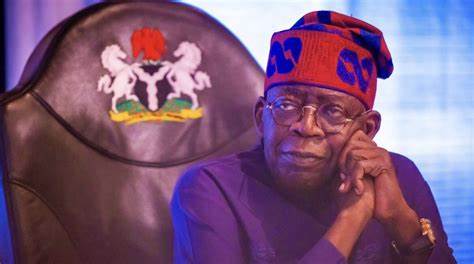The African Democratic Congress has criticized President Bola Ahmed Tinubu for repeatedly announcing cash rewards to Nigerian athletes in US dollars, arguing that this practice demonstrates disregard for the country’s national currency.
ADC National Publicity Secretary Bolaji Abdullahi raised the concern on Tuesday through a post on X (formerly Twitter), responding to recent monetary gifts presented to Nigeria’s successful national women’s football team, the Super Falcons, and the women’s basketball team, D’Tigress.
While acknowledging the President’s recognition of the athletes’ outstanding achievements, Abdullahi expressed concern over the consistent practice of denominating presidential awards in foreign currency rather than the Nigerian Naira.
“We thank President BAT for amply rewarding our victorious Falcons and D’Tigress. But we find it strange that the President has repeatedly shown his disregard for the Nigerian sovereign currency by announcing the awards in US Dollars,” Abdullahi wrote in his social media post.
The ADC spokesperson reinforced his criticism by referencing ongoing national campaigns to promote respect for Nigeria’s currency. He concluded his message by invoking the National Orientation Agency’s public advocacy efforts, stating, “Mr. President, sir, NOA says, Stop the Naira Abuse.”
The criticism comes amid broader national conversations about the proper treatment and promotion of Nigerian currency, with the National Orientation Agency actively campaigning against practices that undermine the Naira’s status and dignity.
Beyond the monetary rewards that sparked the ADC’s criticism, President Tinubu also bestowed national honours on members of D’Tigress, Nigeria’s women’s basketball team, recognizing their exceptional performance in international competitions.
The opposition party’s statement highlights ongoing debates about economic nationalism and the symbolic importance of using local currency in official government transactions and announcements, particularly in a country working to strengthen its economic sovereignty and promote confidence in its national currency.
This criticism reflects broader political discourse about presidential practices and their impact on national economic psychology, as Nigeria continues efforts to stabilize and strengthen the Naira in both domestic and international markets.



















